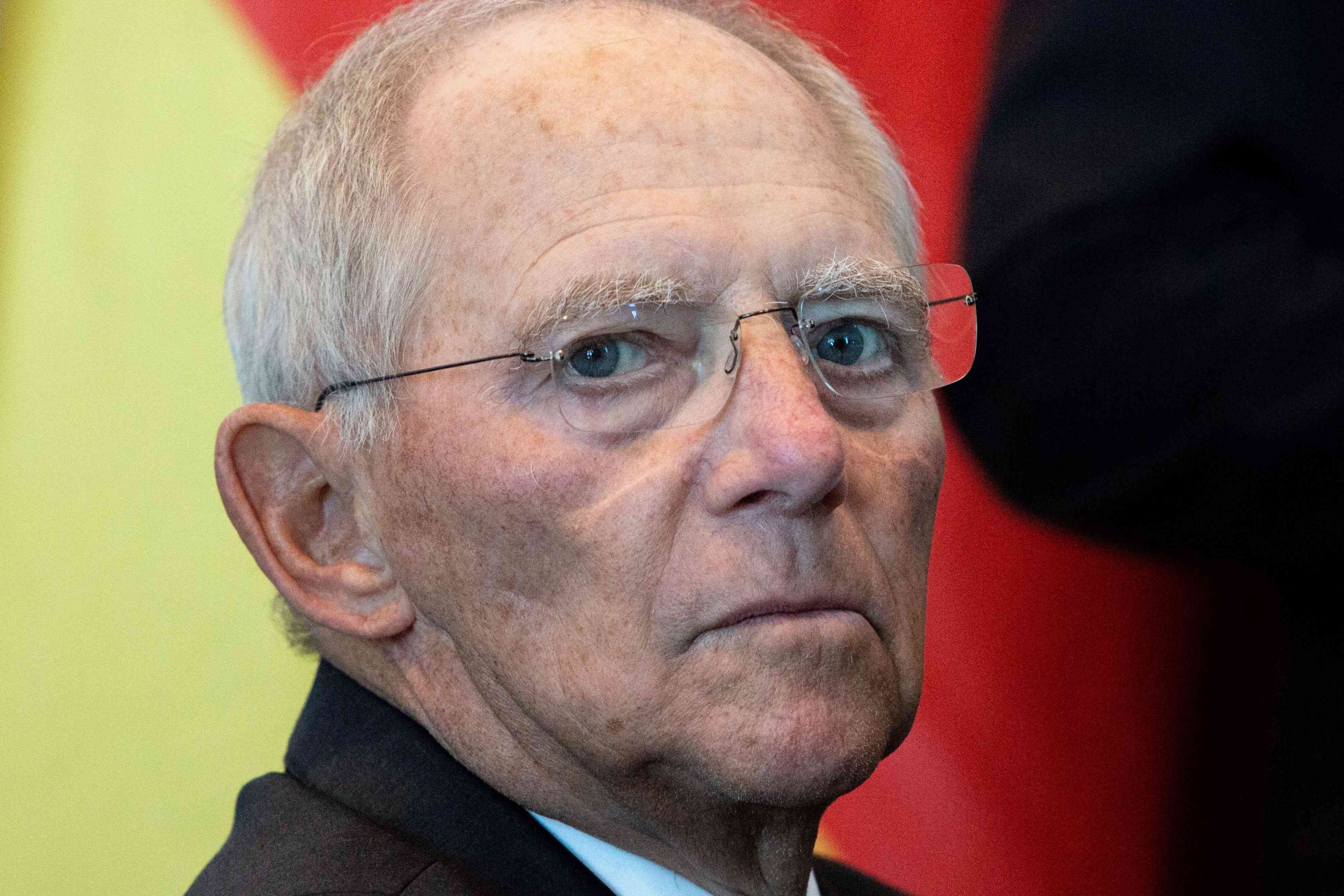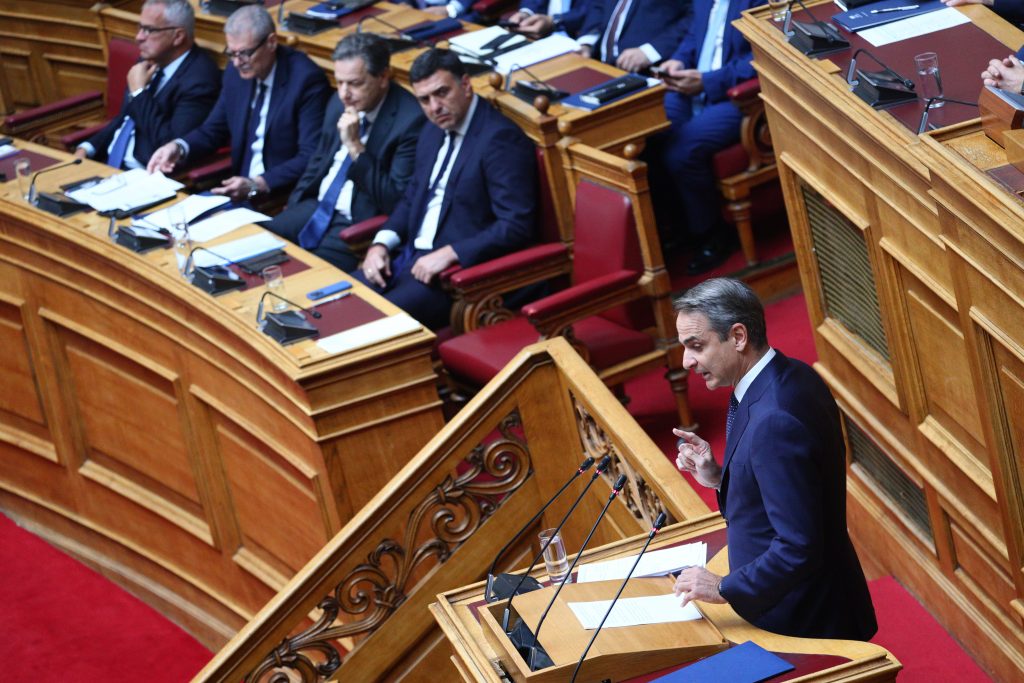The passing of ex-German Finance Minister Wolfgang Schauble on Tuesday night at the age of 81 prompted reflections from Greece’s former Finance Minister Evangelos Tsakalotos under SYRIZA during the height of the economic crisis in Greece which nearly led to the expulsion of the country from the Eurozone.
Speaking on Skai TV, Tsakalotos acknowledged numerous interactions with Schauble over the years stressing that despite the sombre moments history would judge the German statesman harshly.
“Schauble was a leader who dominated the Eurogroup for many years; the Eurogroup was his court, and he had satellite countries. He had significant influence, but we must be fair and strict despite the circumstances. History will not judge him favorably,” Tsakalotos remarked.
The former Greek Finance Minister continued, stating that Schauble “wanted a united Europe, a political union, but only for a few countries. He wanted us out, and other countries out, as his dream was a political union for the few.”
Tsakalotos went on to express his view that Schauble, during a crisis, failed to grasp that the paradigm had shifted, emphasizing that old policies and ideologies were no longer effective, potentially leading to Europe’s destruction.
“With COVID, we saw how things changed. Rules and Stability and Growth Pacts were forgotten. He believed that the 2009 crisis changed nothing, thinking that only Greece was an exception and needed to conform to the rules. History will be harsh with Schäuble,” Tsakalotos asserted.
Addressing Schauble’s evolving stance on Greece, Tsakalotos noted, “I think at some point, he changed his mind about Greece. Merkel (former German Chancellor) and Hollande (ex-French President) pressured him, but until the first semester, the narrative was that we were almost done.”
Tsakalotos emphasized that Schauble was undoubtedly tough, both domestically and to other EU member-states and he “created inequalities, but he was also cunning. The satellites in the Eurogroup played games with him, and he played games with them. He wanted to project an image of an honest politician, but he wasn’t.”
Wolfgang Schauble’s passing has triggered a nuanced assessment of his political career and the legacy he left behind, with varying opinions on his contributions and approach during critical moments in European economic history.



